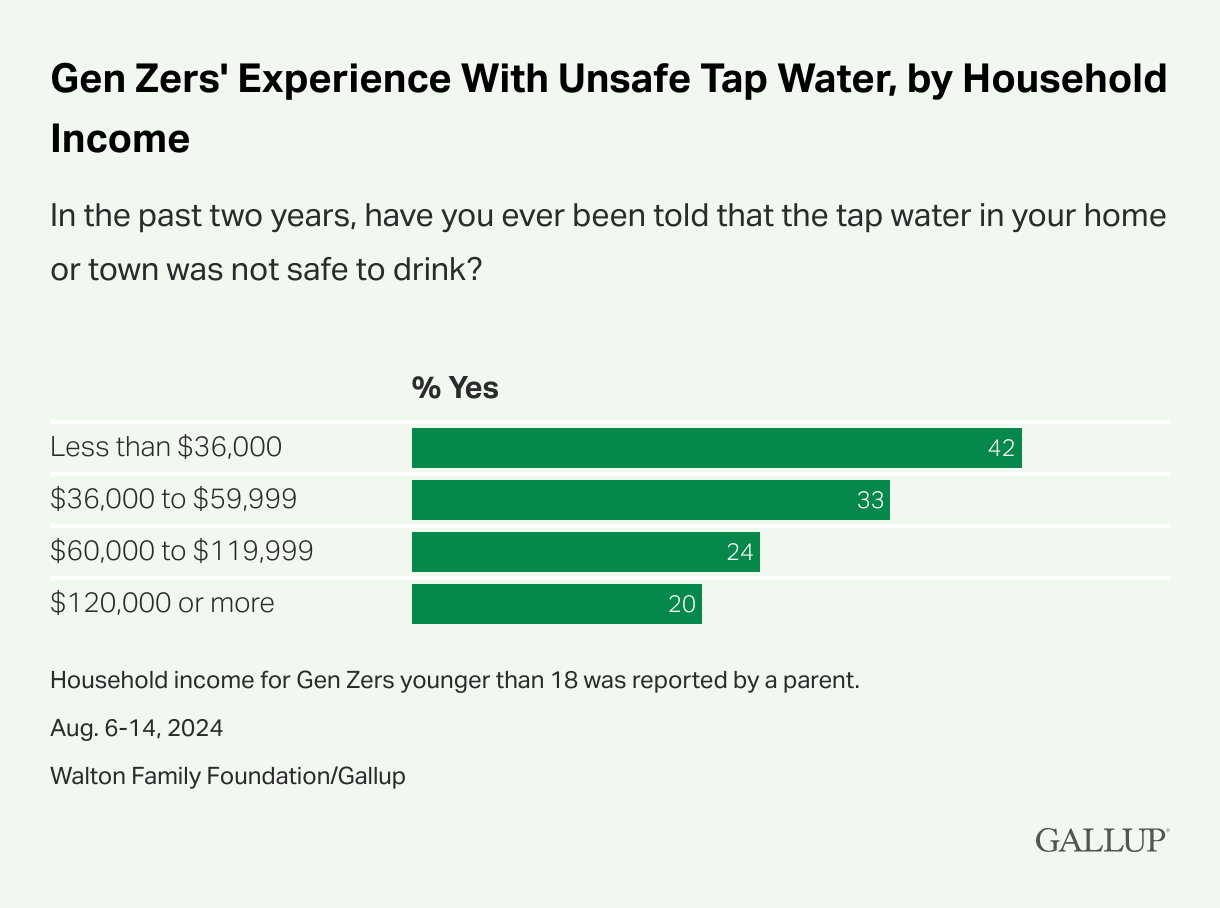U.S. Economic Confidence Ticks Down as Partisans' Views Shift Mary Claire Evans, Gallup Gallup’s January 2025 Economic Confidence Index stands at -19, down slightly from December’s -14 reading but improved from the -26 registered just before the election. Economic concerns, including the economy in general terms (14%) and inflation (12%), rank high when Americans name the most important problem facing the country, but both trail the government (23%) by a significant margin.
Many are concerned that low vaccination rates among children will lead to more infectious disease outbreaks and deaths AP-NORC Center for Public Affairs Research There is bi-partisan support for restricting or reformulating processed foods to remove ingredients like added sugar or dyes, but other proposals from Robert F. Kennedy Jr. lack public support ahead of his confirmation hearings.
State lawmakers are pushing for vaccine exemptions even as childhood vaccination rates fall Susan Haigh and Devi Shastri, Associated Press About half of Americans are “very” or “extremely” concerned that declining childhood vaccination rates will lead to more outbreaks, according to a new poll by The Associated Press-NORC Center for Public Affairs Research. Yet only about 4 in 10 Americans oppose reconsidering the government’s recommendations for widely used vaccines, while roughly 3 in 10 are in favor. The rest — about 3 in 10 — are neutral. Expectations for Increases in Federal Benefits Fall Across the Board Federal Reserve Bank of New York Average expectations of increases in federal welfare benefits, social security benefits, unemployment benefits, housing assistance, and Medicare all fell sharply in December, with average expectations of decreases in these benefits rising to levels not seen since April 2017. Expectations for housing assistance/affordable housing, free/subsidized public preschool education, federal student aid, and student debt forgiveness also sharply declined.
Climate change and news audiences report 2024: Analysis of news use and attitudes in eight countries Waqas Ejaz, Mitali Mukherjee and Richard Fletcher, Reuters Institute for the Study of Journalism This report is part of an ongoing project to explore public engagement with news and information about climate change, and how people perceive, experience, and respond to its escalating impacts. The data come from an online survey of people in eight countries: Brazil, France, Germany, India, Japan, Pakistan, the UK, and the USA. A key theme emerging from this year’s findings is ‘climate perception inertia’ – a stagnation in public views on, attitudes to, and engagement with climate issues and information over time, despite the growing urgency of the crisis.
Climate-Related Water Issues Hit Some Gen Zers Differently Andrea Malek Ash, Gallup Water problems are a common way that Gen Zers are experiencing climate change-related issues, according to a new study by the Walton Family Foundation and Gallup. Sixty-one percent of Gen Zers say their community has been affected by at least one water-related problem in the past two years, such as flooding, drought or unsafe tap water.







